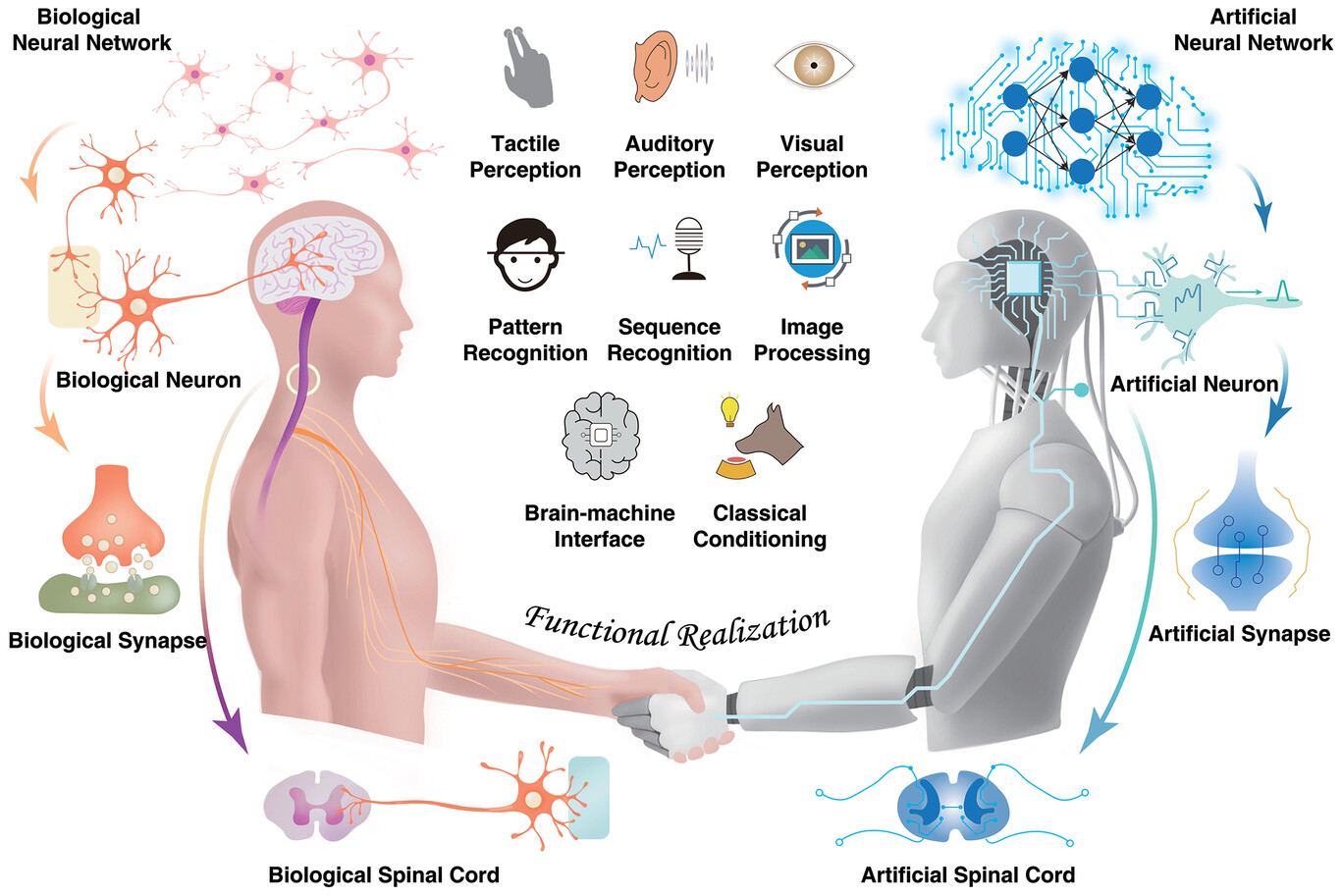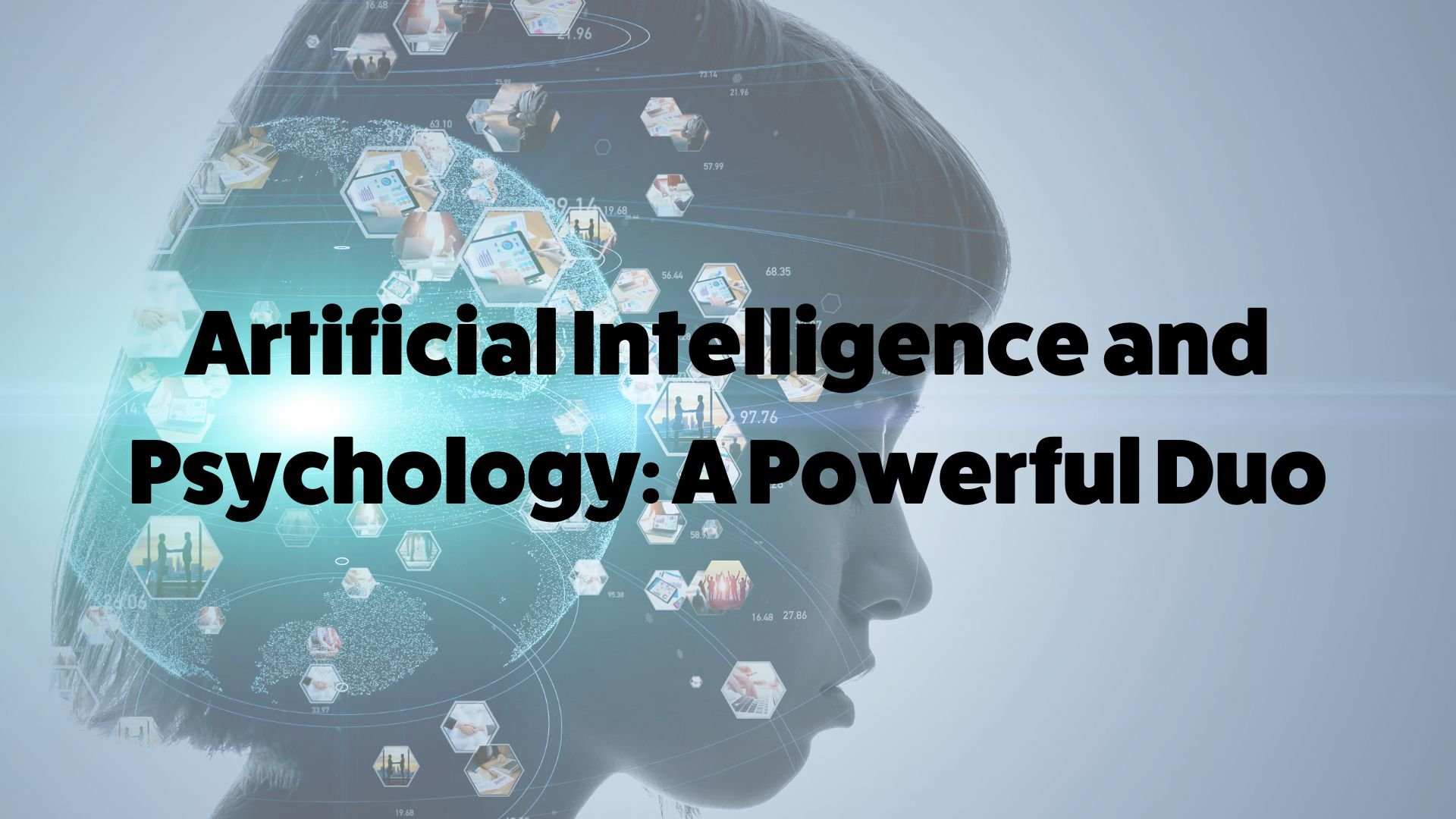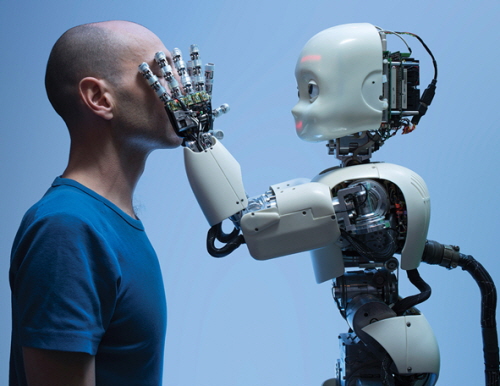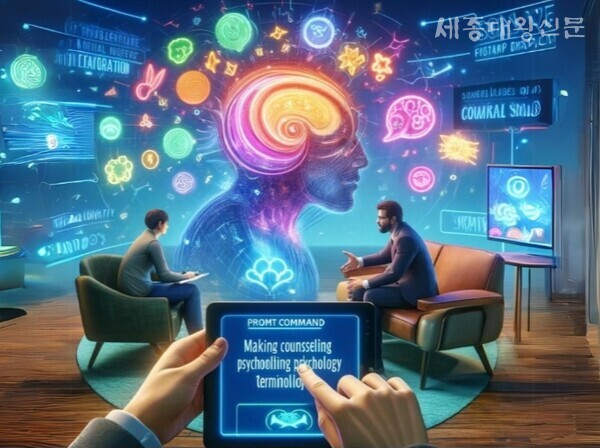
Meeting of AI and Psychology: The Era of AI Analyzing Our Emotions
Hello, today I want to talk about a truly fascinating topic: the meeting of AI and psychology. Recently, as artificial intelligence technology has advanced, it is being utilized to analyze our emotions. Let’s delve into this intriguing topic together! Let’s have a delightful conversation! 🤖✨

The Background of AI and Psychology Fusion
Artificial Intelligence (AI) and psychology may seem like different fields, but recently, the two have merged to create an era where our emotions are analyzed. With the advancement of AI, machines now have the ability to understand and interpret human emotions. This fusion is expected to bring significant changes to our lives.
AI Technology for Emotion Analysis
AI uses various technologies to analyze emotions. Among them, natural language processing (NLP), speech recognition, and facial recognition are mainly used. Through natural language processing, AI extracts emotions from text, and through speech recognition, it analyzes the tone and intonation of voices to judge emotions. Additionally, facial recognition technology analyzes facial expressions to understand emotions.
Real-life Examples of AI Emotion Analysis
AI emotion analysis is already being utilized in various fields. For example, in the marketing field, it analyzes social media posts to understand consumer emotions and uses this for product development. In the financial sector, it uses speech recognition to understand customer emotions and provide personalized services.
How Emotion Recognition Technology Works
Emotion recognition technology primarily uses machine learning and pattern recognition algorithms. Based on pre-learned data, AI recognizes patterns and infers emotions from them. For instance, facial recognition technology learns the features of facial expressions and determines which emotions those expressions are associated with.

Advantages and Limitations of AI Emotion Analysis
The major advantage of AI emotion analysis is its ability to process large amounts of data quickly. AI can analyze emotions faster and more accurately than humans, allowing it to understand real-time changes in emotional states. However, AI still has limitations in understanding emotions as accurately as humans. It can sometimes make incorrect judgments and may not recognize subtle emotional changes.
The Role of AI in Psychological Research
AI can greatly assist in psychological research. For example, psychologists can use AI to analyze large-scale data and gain insights into people’s emotions and behaviors. This allows for a deeper understanding of human emotions and behaviors, which can help in solving social problems.
The Biggest Challenges for AI in Understanding Emotions
- Complexity and Diversity of Emotions:
Human emotions are extremely complex and diverse. A person’s emotions can be expressed differently depending on the situation, culture, and personal experiences. It is difficult for AI to fully understand and interpret these various emotional states and their expressions.
- Recognizing Subtle Emotional Changes:
Human emotions can change subtly. For example, a smile or tears can contain various different emotions. It is challenging for AI to accurately recognize and interpret these subtle emotional changes.
- Lack of Context Understanding:
Emotions often occur in specific contexts. AI may find it difficult to fully understand the context using only text or voice data. For example, the same words can be interpreted very differently depending on the situation.

- Processing Various Input Data:
AI has to handle various forms of data such as text, voice, and video. Each form of data expresses emotions differently, and it is a technical challenge to analyze these integratively.
- Difficulty in Reflecting Individual Differences:
Each person has a different way of expressing emotions. Some people express emotions strongly, while others do not. It is difficult for AI to accurately understand emotions by reflecting these individual differences.
- Ethical Issues and Privacy Protection:
Emotion analysis can involve sensitive personal information. How AI handles privacy protection and ethical issues during the process of analyzing emotions is also a major challenge.
To overcome these challenges, continuous advancements in AI technology, collaboration with psychological research, and the establishment of ethical guidelines are necessary.

- Ethical Considerations and Privacy Protection
AI emotion analysis collects a lot of information related to our emotions. Therefore, it is important to use this technology with caution from an ethical perspective. Issues related to privacy protection can arise, and appropriate protection and regulatory systems must be established to address these issues.
Future Prospects and Development Direction of Emotion Analysis Technology
In the future, AI emotion analysis technology is expected to advance further. More accurate and detailed emotion analysis will become possible, allowing us to understand and interact with emotions more efficiently. Moreover, the fusion of AI and psychology is expected to bring innovative changes in various fields.

Emotion-analyzing AI technology will significantly impact our lives. We should use this technology correctly to aid in solving social problems and personal growth. However, careful use is necessary from an ethical standpoint, and solutions to privacy protection issues must be sought. Advanced emotion analysis technology will bring even greater changes to our lives in the future, and we should pay attention to these developments.



